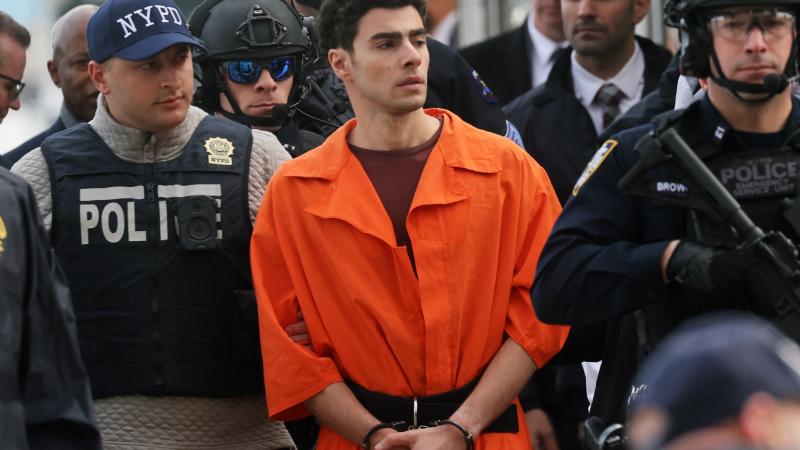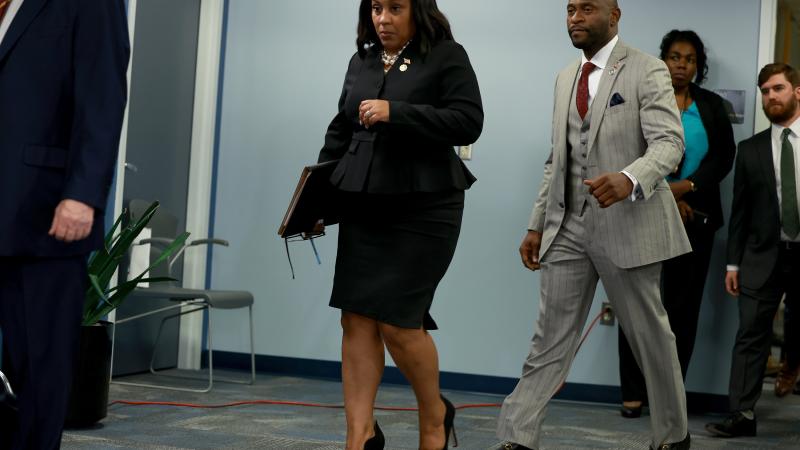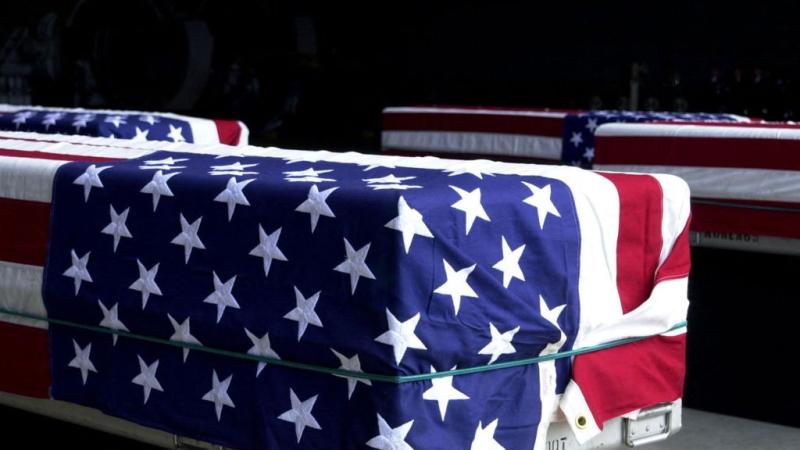South Carolina's fetal heartbeat bill takes effect after judge lifts block on the law
The state's General Assembly is expected to return to the capital in the next few months to work on further abortion legislation.
A federal judge has lifted a block on South Carolina's "fetal heartbeat bill," following the Supreme Court decision Friday to overturn Roe v. Wade, which for decades provided a constitutional right to abortion.
The bill, which was signed into law by GOP Gov. Henry McMaster in February, has been blocked from being enforced since shortly after its passage.
That changed Monday when a federal judge stayed the injunction that had been blocking it.
"The Heartbeat Law is now in effect," Attorney General Alan Wilson said. "Once Roe v. Wade was overturned by the Supreme Court, the decision on legally protecting the lives of unborn babies was returned to the states, so there was no longer any basis for blocking South Carolina’s Heartbeat Law. Our state is now carrying out a government’s most sacred and fundamental duty, protecting life."
The state's Republican leaders filed an emergency motion Friday to allow the state to begin its enforcement of the law as soon as possible.
In response to the motion, the president and CEO of Planned Parenthood South Atlantic, Jenny Black, said, "Planned Parenthood South Atlantic’s doors are open in Charleston and Columbia. We are providing abortion care in full compliance with Senate Bill 1, and we encourage anyone seeking an abortion to contact our office as soon as possible."
South Carolina's General Assembly is expected to return to Columbia in the next few months for a special session to change state law on abortion.
The current law prohibits the termination of a pregnancy after a fetal heartbeat is detected and requires abortion providers to give the mother an opportunity to see an ultrasound and learn about her child's development.
The bill includes exceptions for rape, incest, fetal development abnormalities and the health of the mother.
Physicians and healthcare providers who perform an abortion in violation of the law could face a felony charge with a $10,000 fine, two years in jail, or both.
McMaster has previously expressed support for a statewide ban on abortion without rape or incest exceptions, and said following Friday's decision that he would "immediately begin working with members of the General Assembly to determine the best solution for protecting the lives of unborn South Carolinians."















